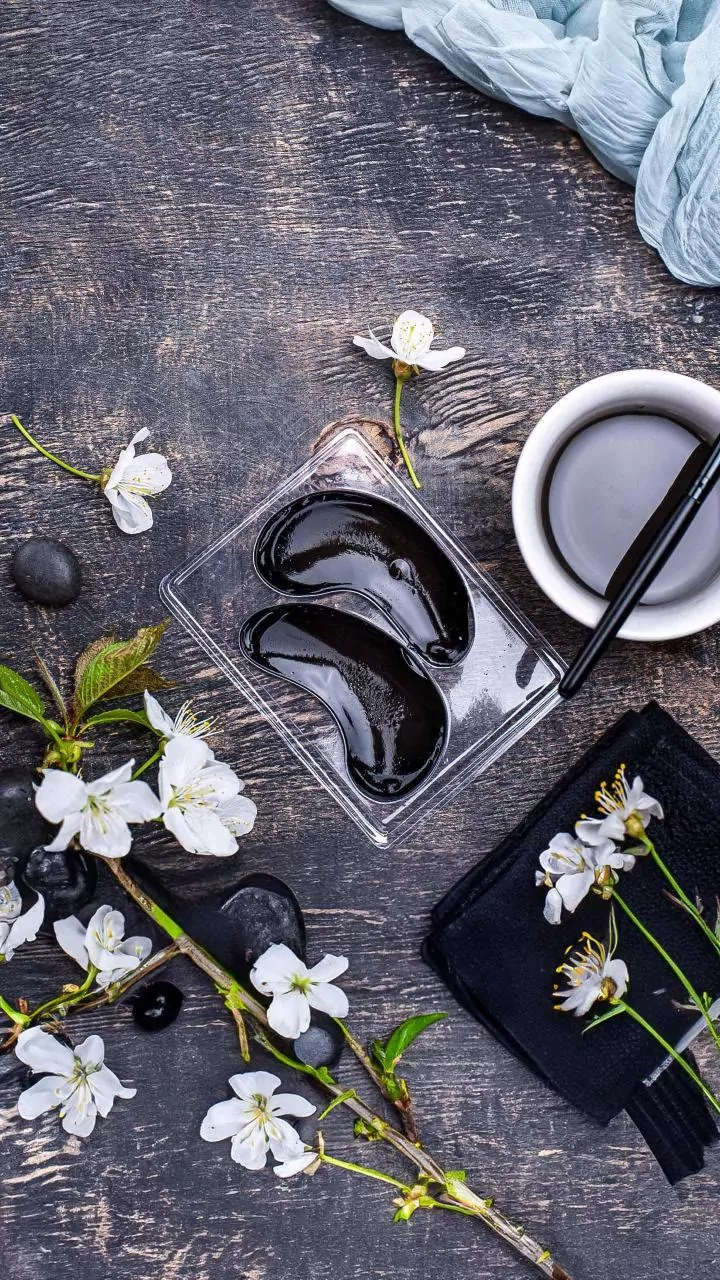Importance of Oils
Hair oils serve as essential components in a comprehensive hair care routine, playing a crucial role in nourishing and fortifying the hair. They penetrate
the hair shaft, delivering essential nutrients and moisture that strengthen the hair from within, reduce breakage, and foster elasticity. Regular oiling also creates a protective barrier around the hair, shielding it from environmental aggressors such as UV rays and pollution, which can lead to damage. Furthermore, oils can soothe the scalp, addressing issues like dryness and dandruff. The use of oils also encourages blood circulation in the scalp, thereby potentially encouraging hair growth, leading to a healthier, more vibrant head of hair. The proper selection and application of hair oils are thus vital for preserving and improving the overall health and appearance of your hair.
Argan Oil Benefits
Argan oil, often called 'liquid gold,' is a rich source of antioxidants, fatty acids, and vitamin E, known for its extensive benefits for hair health. This oil is exceptionally effective at hydrating the hair, making it appear softer and shinier, thereby combating dryness and brittle strands. The antioxidants in argan oil help to mitigate damage from styling tools, sun exposure, and environmental pollutants, protecting the hair from damage. Furthermore, argan oil can increase hair elasticity, reducing breakage and split ends, which promotes longer hair growth. It is easily absorbed by the hair, making it an excellent leave-in conditioner that can also tame frizz and flyaways. Regular use of argan oil can significantly improve hair texture and overall health, resulting in lustrous, manageable, and beautiful hair.
Coconut Oil Power
Coconut oil is a highly popular and versatile hair oil lauded for its deeply moisturizing properties and ability to penetrate the hair shaft. This oil is rich in lauric acid, which has a strong affinity for hair proteins, allowing it to reduce protein loss and strengthen hair fibers from within. By penetrating the hair shaft, coconut oil helps to retain moisture, reducing dryness and preventing breakage. It is excellent for treating split ends, and also aids in protecting hair from the damaging effects of UV rays and heat styling. The use of coconut oil can significantly improve the hair's elasticity and resilience, making it less prone to damage and breakage. Its ability to leave hair feeling smooth and conditioned makes it a staple for promoting healthy and vibrant hair. Coconut oil may also stimulate hair growth when used regularly.
Jojoba Oil Marvel
Jojoba oil, technically a wax, is prized for its similarities to the natural sebum produced by the scalp. This property makes it an excellent oil for regulating sebum production, moisturizing the scalp and hair. Jojoba oil is a light, non-greasy oil that is easily absorbed by the hair, providing deep hydration without weighing it down. Its properties help to prevent dryness and reduce flaking, promoting a healthy scalp environment. It's rich in vitamins and minerals that nourish the hair, improving its strength and shine. Jojoba oil is excellent for all hair types, especially those prone to oiliness or those who suffer from dandruff. It helps to strengthen the hair fibers, improving hair elasticity and reducing breakage, which contributes to healthier, more manageable hair.
Castor Oil's Growth
Castor oil is highly regarded for its ability to promote hair growth and improve overall hair thickness. Rich in ricinoleic acid, it increases blood circulation to the scalp, potentially stimulating hair follicles. Castor oil can also enhance hair moisture retention, reducing dryness and breakage. This thick oil coats the hair, providing a protective barrier against environmental stressors and also helping to improve hair strength and resilience. Its application promotes a healthier scalp, which is essential for encouraging hair growth. Castor oil has the potential to make hair appear thicker and healthier, but it should be used with care and may need to be diluted with lighter oils to reduce its stickiness.
Almond Oil Perks
Almond oil is another excellent choice for nourishing and strengthening hair due to its high content of vitamin E, fatty acids, and antioxidants. It helps to moisturize the hair, making it soft, smooth, and more manageable. The vitamins and minerals in almond oil work to strengthen the hair strands, minimizing breakage and split ends, thus encouraging hair growth. This oil is lightweight and easily absorbed, making it ideal for regular use without causing a greasy buildup. Using almond oil protects hair from UV damage and can also reduce inflammation, providing relief from dry or itchy scalps. Its regular application can lead to improved hair texture, increased shine, and enhanced overall hair health, making it a valuable addition to your hair care routine.
Olive Oil's Strength
Olive oil has been a staple in hair care for centuries because of its conditioning and strengthening qualities. It is packed with antioxidants and fatty acids, working to moisturize and nourish hair, making it less prone to breakage and damage. Olive oil penetrates the hair shaft, strengthening the hair fibers from within, increasing elasticity and reducing the risk of split ends. Applying olive oil creates a protective layer that shields the hair from external stressors, helping to maintain moisture and reducing protein loss. Regular use can improve hair texture, making it smoother and shinier, especially in dry and damaged hair. Its natural ability to provide deep conditioning makes it an excellent treatment for maintaining healthy and beautiful hair.
Tea Tree Oil Remedy
Tea tree oil is renowned for its antifungal and antibacterial properties, especially beneficial for those with scalp conditions. It can effectively combat dandruff and other scalp issues like itchiness or dryness. The oil's properties help to unclog hair follicles, allowing for better hair growth, while also creating a healthy scalp environment. It may enhance the effectiveness of other hair treatments, due to its ability to improve scalp condition and stimulate circulation. Tea tree oil is typically used in diluted forms as it can be quite potent, and it should be mixed with a carrier oil like jojoba or almond oil. The benefits of tea tree oil include promoting a healthy scalp, which can lead to improved hair health and prevent issues that can hamper hair growth.
Rosemary Oil Power
Rosemary oil has become increasingly popular in hair care because of its potential to stimulate hair growth and improve scalp health. It's been shown in studies to enhance blood circulation in the scalp, thus encouraging hair follicles to function optimally. Rosemary oil can help to reduce hair loss and may promote hair thickness. When used regularly, this oil has the potential to strengthen hair, prevent breakage, and improve overall hair texture. It also possesses anti-inflammatory properties, and it can help soothe irritated scalps. Rosemary oil is generally mixed with a carrier oil before application and is considered a beneficial treatment for achieving longer and stronger hair.
Lavender Oil Calm
Lavender oil is known for its calming and soothing properties, which can extend to scalp and hair health. It helps to reduce stress, which is a known factor contributing to hair loss. Lavender oil is also effective in promoting scalp health and in stimulating hair growth. With its antimicrobial qualities, it assists in keeping the scalp clean and free from infections. The fragrance is also known to be relaxing, which contributes to an overall sense of wellness. Lavender oil can be added to other carrier oils for use and is especially suitable for people who seek relaxation while also caring for their hair. It improves scalp health and can lead to improved hair quality, promoting relaxation alongside hair care.




















